Library
Everything you need to know about specialty coffee
Events, harvest updates, market insight, & expert opinions—all in one place.
Thank you! Your submission has been received!
Oops! Something went wrong while submitting the form.
Glossary
The latest updates delivered to your inbox.
Subscribe to our newsletter for the freshest news on origins, harvests, new producers, our coffee list, and market insight.

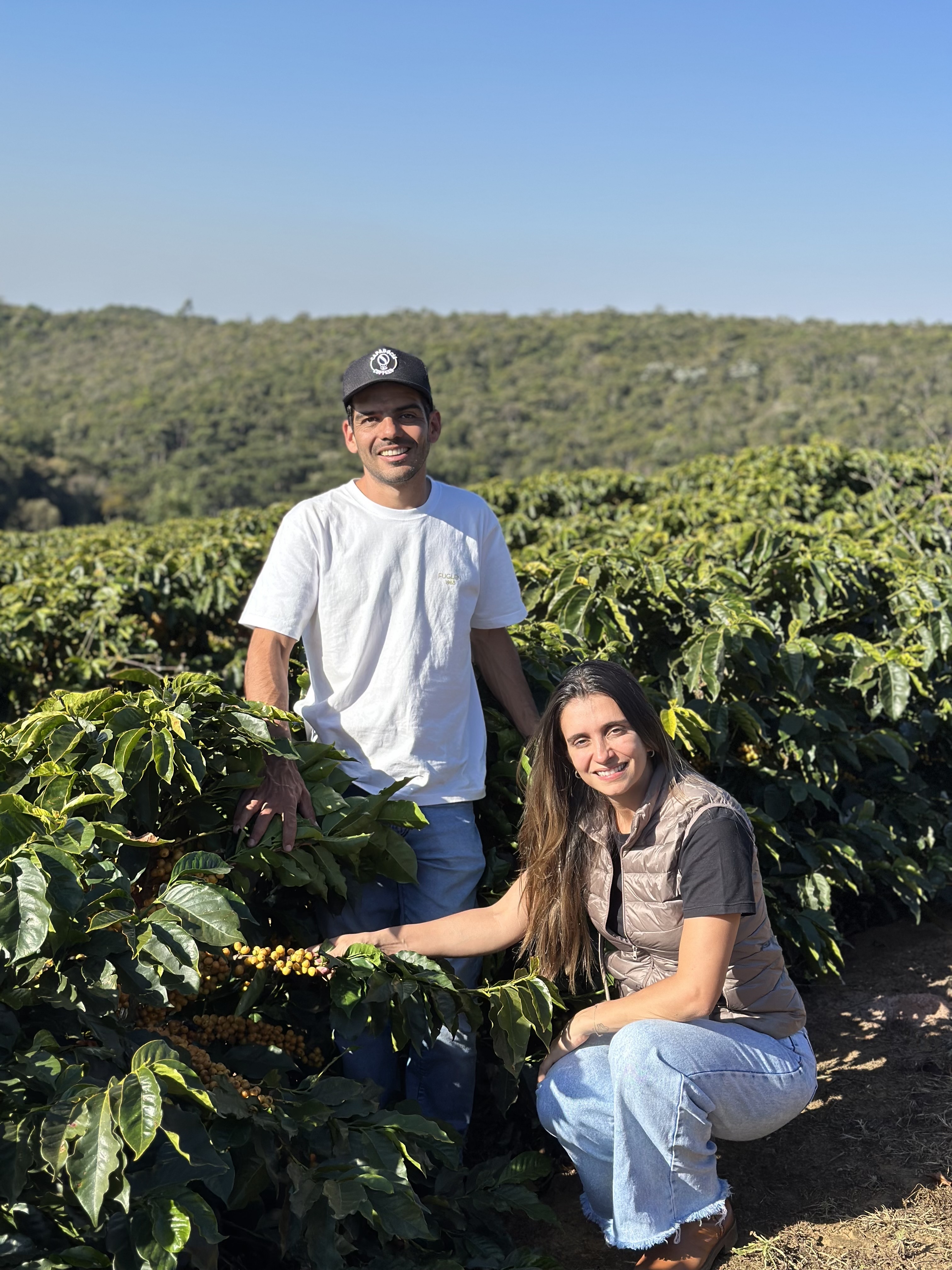

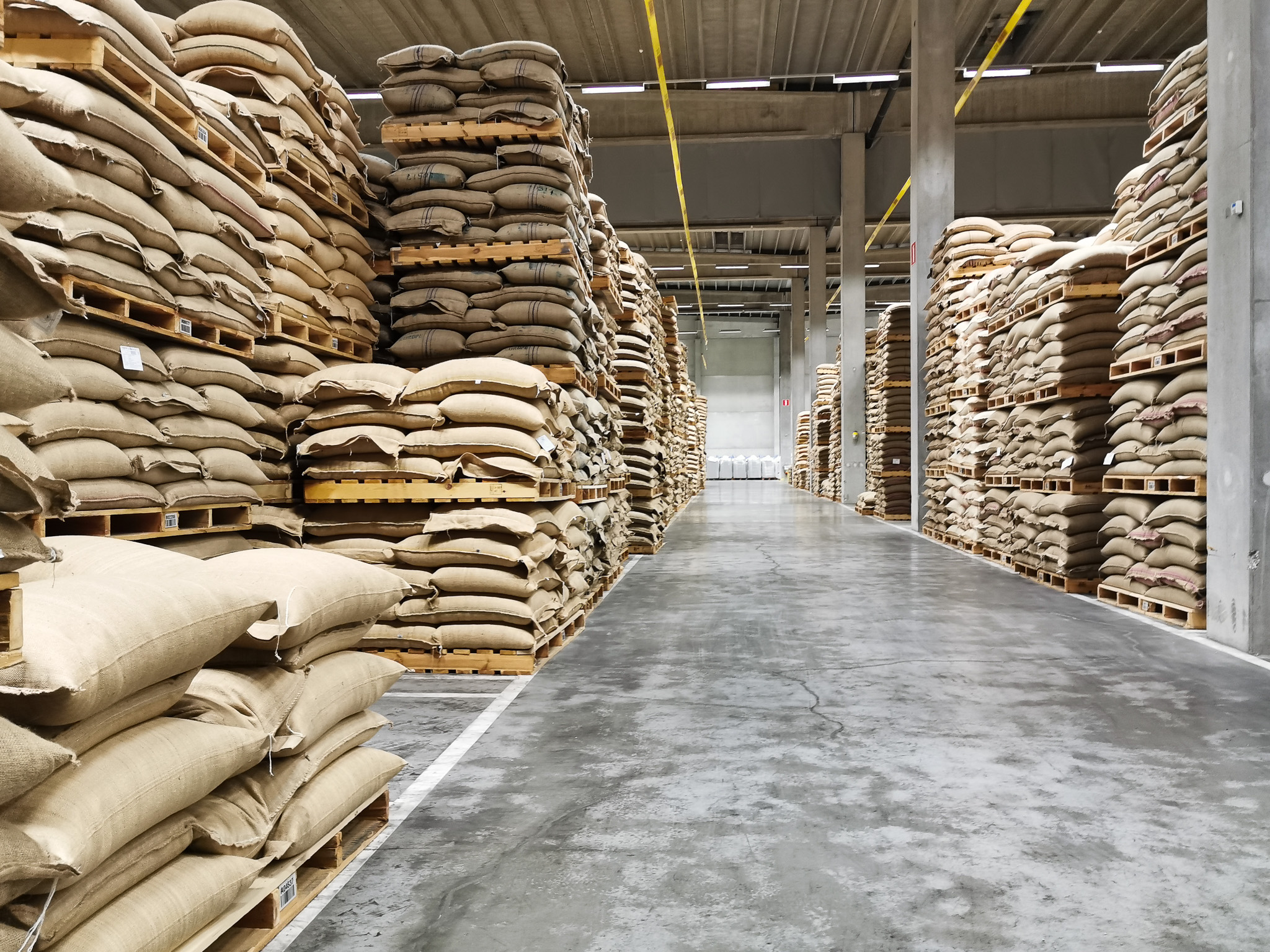
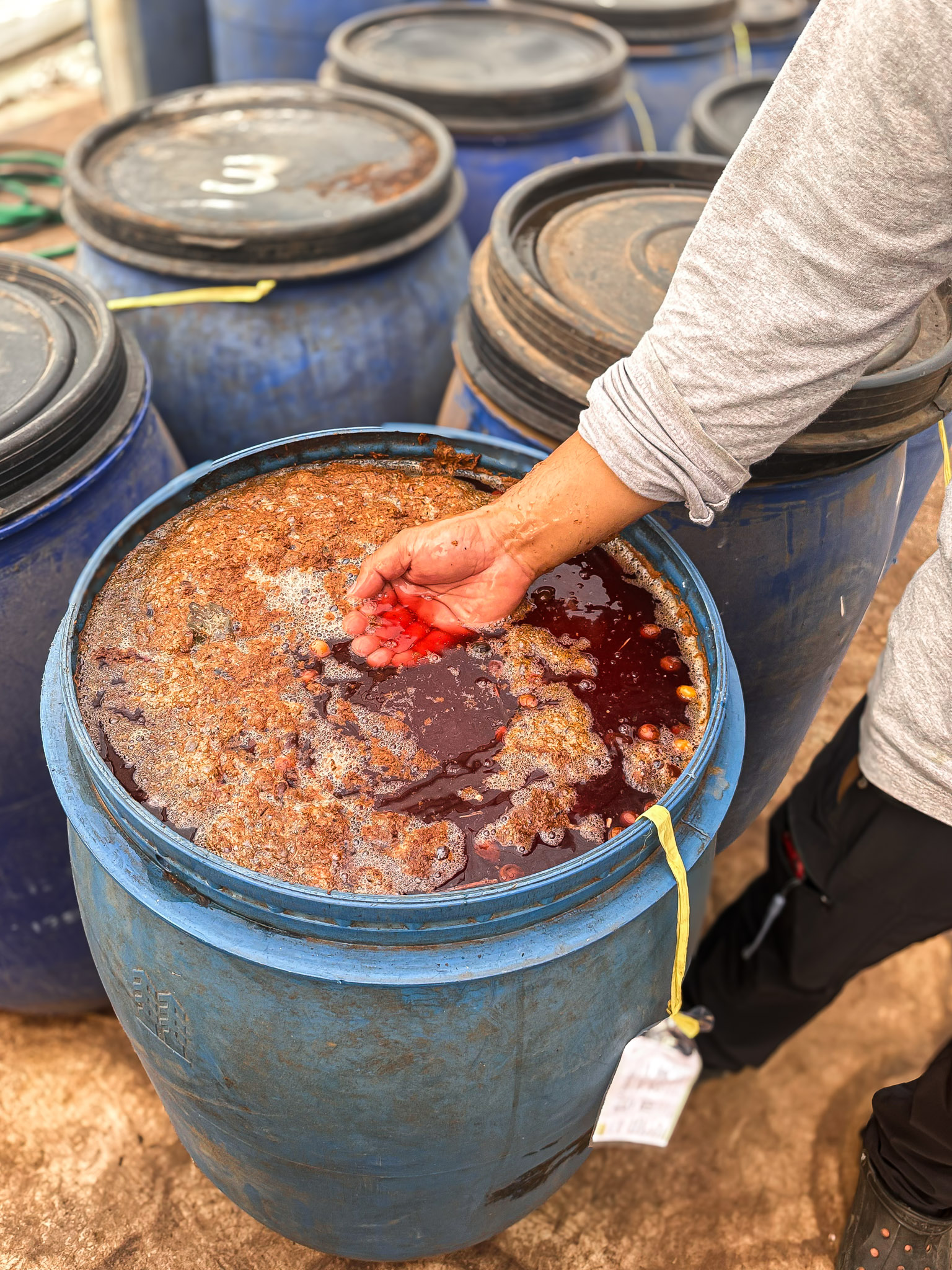




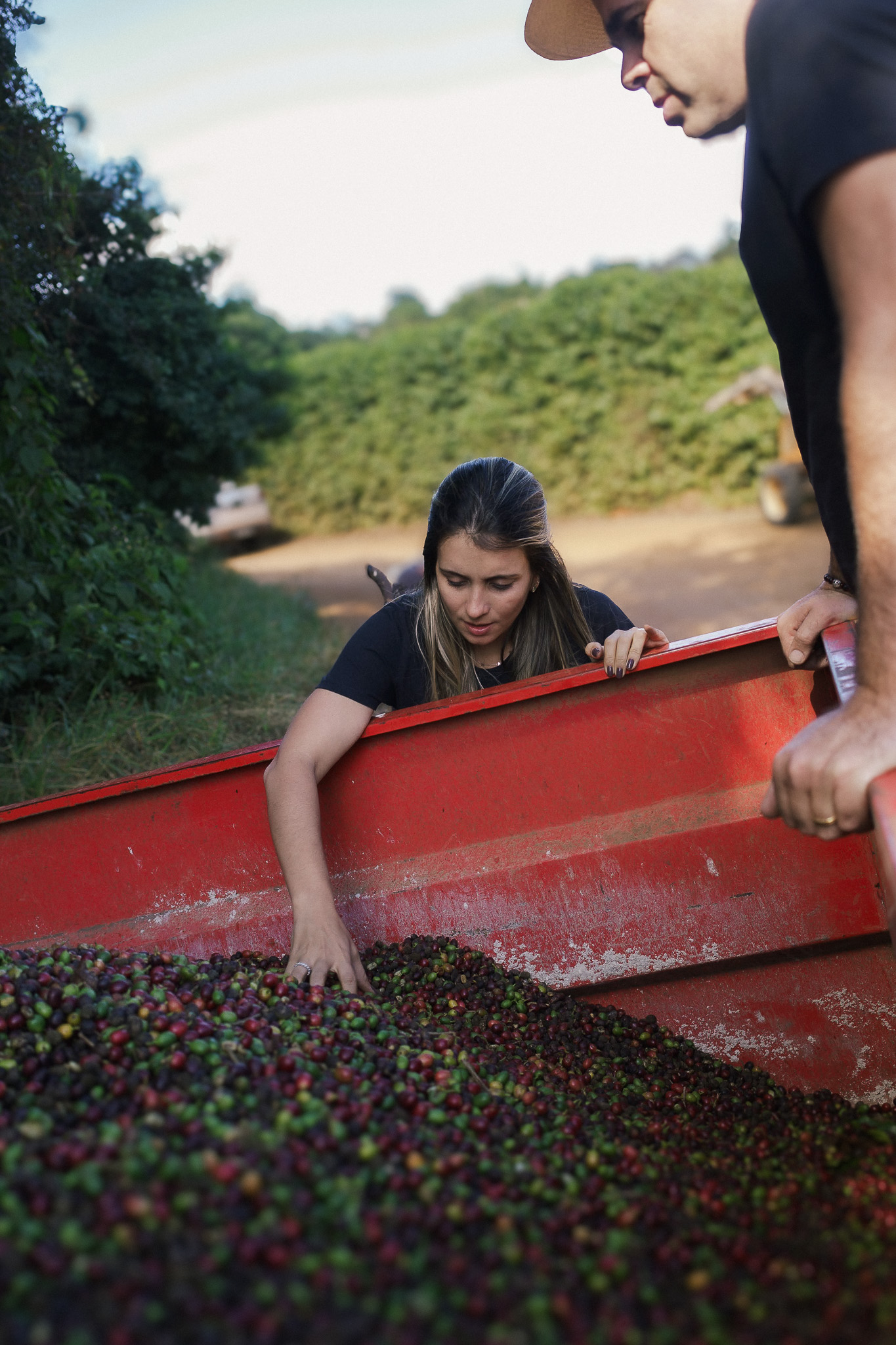
.jpg)

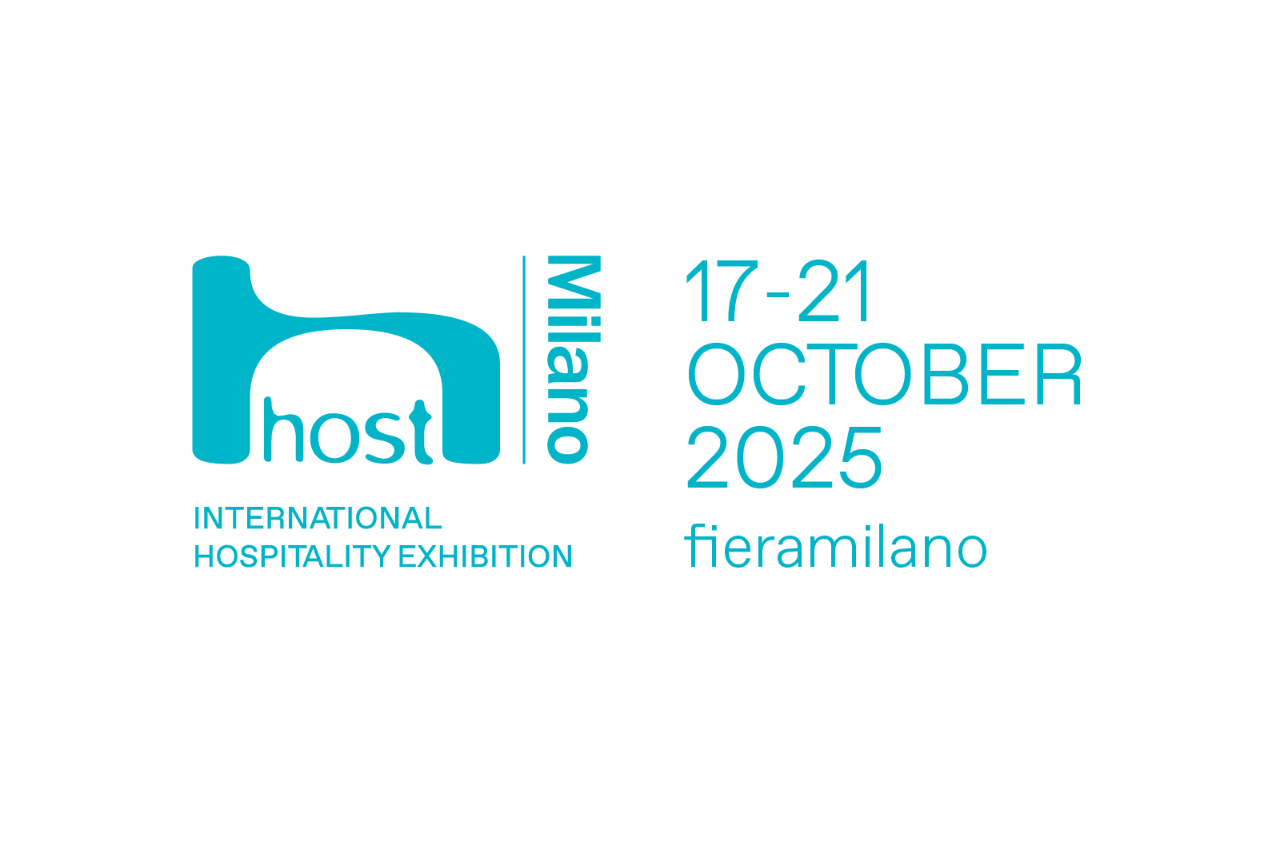
.jpg)
.jpg)



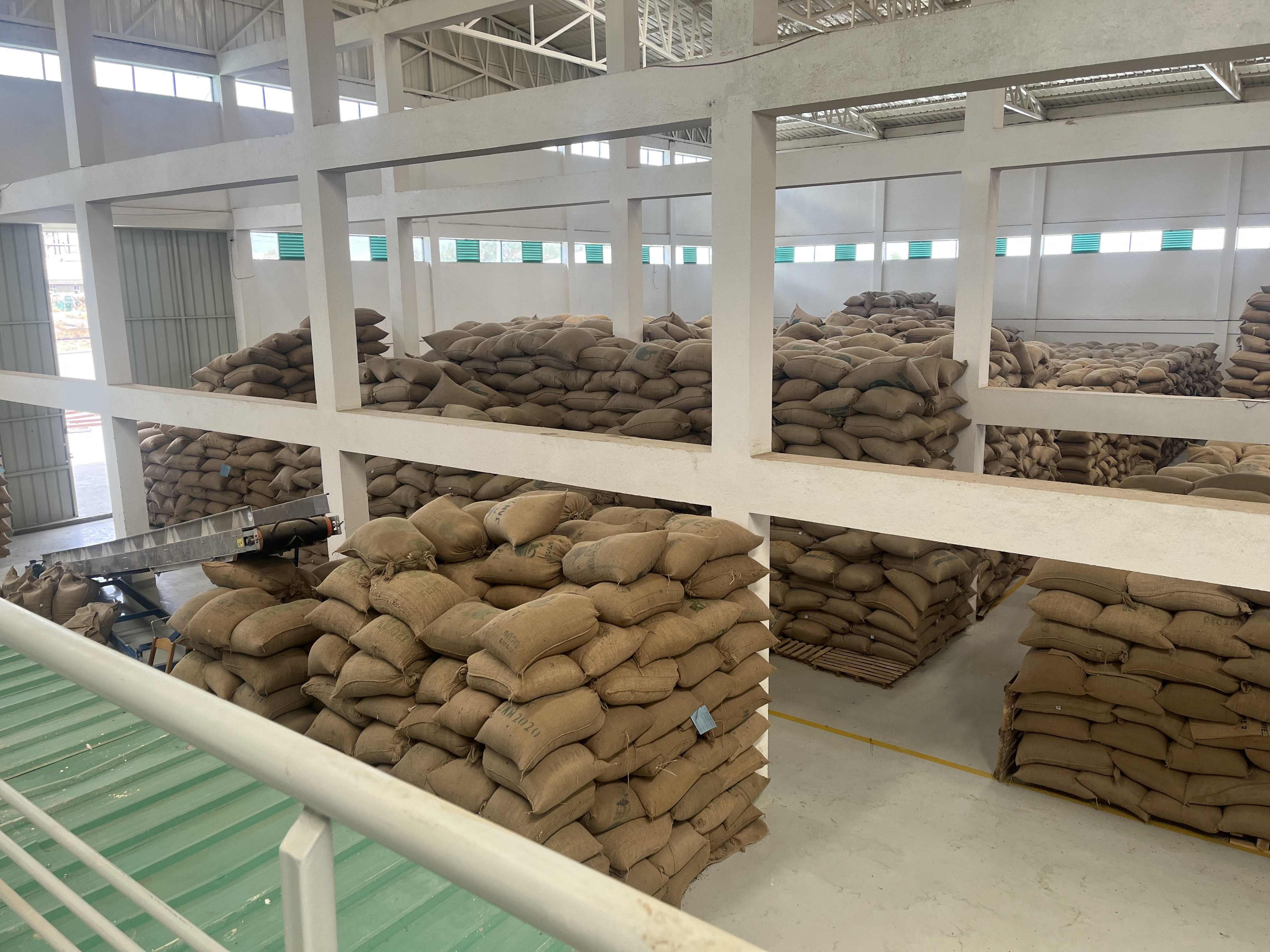





.jpg)










.jpg)
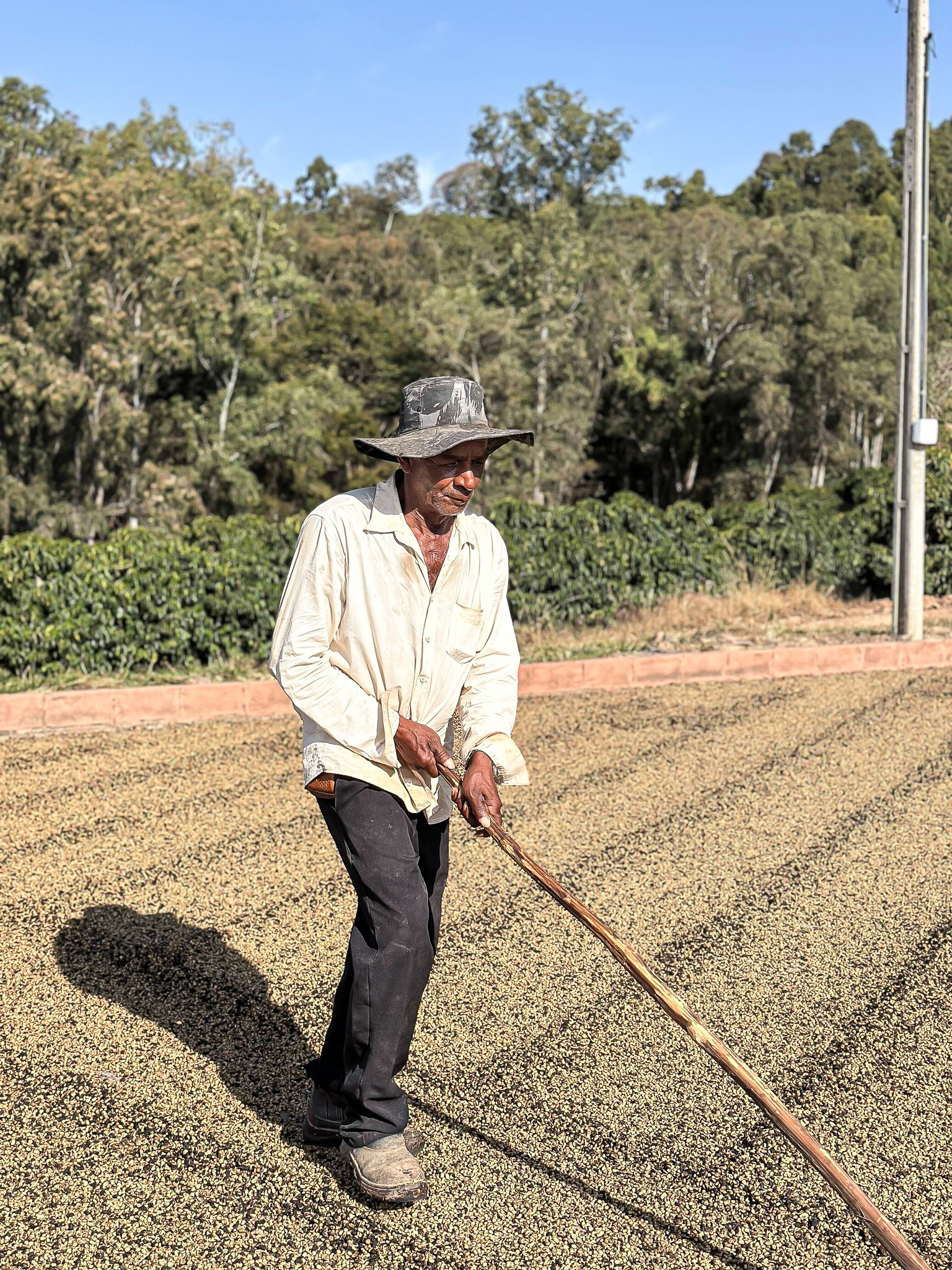



.jpg)
.jpg)


